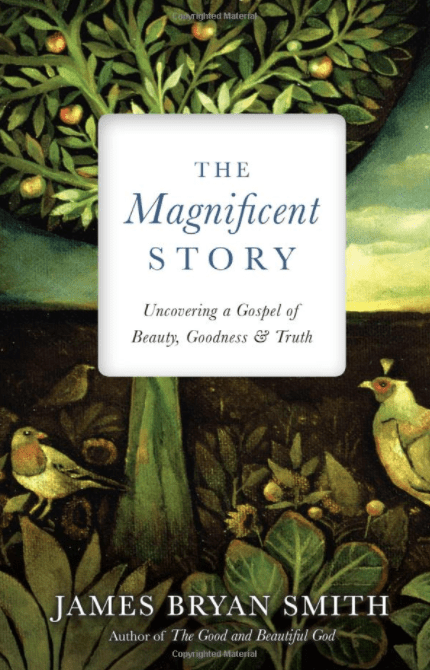It’s not uncommon for someone to say on this blog, or to find it at another website, or even to hear it from students or pastors: “I’m into discipleship.” Well, so am I, but what do we mean by this? Two basic approaches, and then a third:
First, for some it means practicing the spiritual disciplines. The Christian life is about developing discipleship from the inside-out, and the place to begin is with the classic disciplines. Such folks read the Bible, pray, practice solitude, fast, and meditate. It’s about transformation through the graces of the disciplines.
A second approach is to enter into a life of discipleship by reading, mastering and being mastered by the Sermon on the Mount. A disciple for this group is someone who is radically committed to the moral vision of Jesus — it’s about following Jesus and letting his vision become ours.
Jon Lunde, a friend and former student and now a professor, writes a new book and refocuses this conversation. Instead of focusing on spiritual disciplines or the Sermon on the Mount, Jon Lunde focuses on who Jesus is and lets discipleship flow from the identity of Christ in the covenant context of the Bible. The questions he’s asking are about Jesus as Servant (grace) who is also King (demand). Both are shaped by the covenant God has made with us.
He’s now written this up in a really fine textbook-ish kind of book called Following Jesus, the Servant King: A Biblical Theology of Covenantal Discipleship (Biblical Theology for Life).
Discipleship is not just demand, which too often happens if we don’t see the Sermon on the Mount in context; and it is not just sitting happy on top of a boatload of grace. Instead, there is a covenant, and that covenant shapes the whole idea of discipleship, leading Jon Lunde to this:
Covenantal discipleship is learning to receive and respond to God’s grace and demand, which are mediated through Jesus, the Servant King, so as to reflect God’s character in relation to him, to others, and to the world, in order that all may come to experience this same grace and respond to this same demand.










